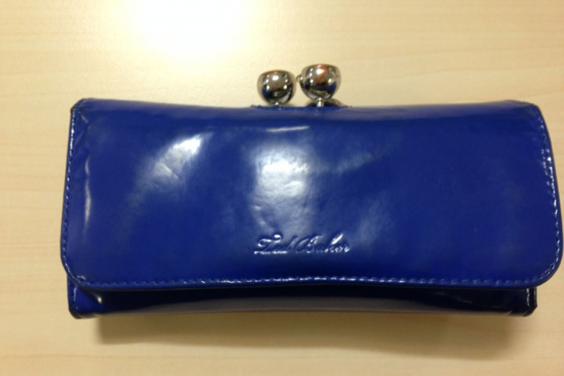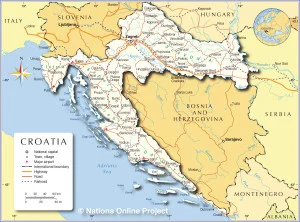
On 1 July the Union grows to take in its 28th member state. This is a success story, and gloom over enlargement and the future of Europe should not obscure it. Ten years ago the EU made a solemn commitment at Thessaloniki to allow all the countries of the Western Balkans to join the EU. In 2005, after handing over Croatia’s most wanted indicted war criminal, General Ante Gotovina, to the International Criminal Tribunal for former Yugoslavia, Zagreb started accession negotiations. The General was later acquitted from having committed war crimes, but that is another story (watch this space).
Since then, Croatia went through a tough process of change. It privatised its subsidised shipyards to meet EU standards on state aids, it reformed its judiciary to improve its rule of law and anti-corruption standards, it quarrelled with Slovenia over international maritime borders (which blocked accession talks for about a year) and over bank debts dating back to the times of Yugoslavia, it started to investigate in the conduct of some of its politicians leading to the sentencing of its former Prime Minister Ivo Sanader to ten years on various corruption charges. This notwithstanding, Croatia remains one of the most corrupt countries in Europe, according to Transparency International. Opinion polls and participation in the elections to the European Parliament show that at best Croatians are lukewarm about Europe.
So what is to be expected? The interesting story is not so much in the possible benefits of membership for Croatia. The truth is that Croatia can do a lot for the EU. It is proof that the EU has not shut its doors to newcomers and that it still has some attraction to outsiders. It is proof that the enlargement project is not over, even if the real test will come after Croatia enters the club. Croatia has a big role to play: it can give a good example as the latest EU member, demonstrating the virtuous effects of membership, and at the same time can pull the rest of the Balkans towards the EU.
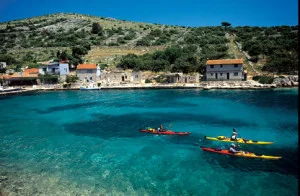
This would require dealing with some uncomfortable issues. One crucial thing will be to keep up the momentum of supporting cooperation in the region, so important since the wars which broke up former Yugoslavia. Croatia has raced to solve outstanding border issues with Bosnia-Herzegovina before accession, and has pledged to continue pursuing regional cooperation after it joins the EU. Since becoming President, Ivo Josipovic has made public speeches and official visits to start healing some of the open war wounds, starting from relations with Serbia and with Bosnia-Herzegovina. Indeed, Serbian President Tomislav Nikolic has announced that he will attend the ceremony for Croatia’s accession – quite an achievement considering that the two sat together around the same table for the first time just a few days ago. The Croatian parliament has also voted a resolution promising not to make use of its position as EU member to block the accession of the next line of candidates, as some current EU member states have been doing.
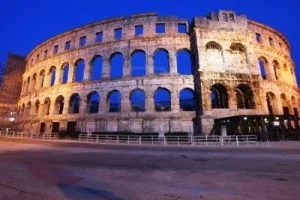
These are gestures, and their deeper impact on regional cooperation and reconciliation remains to be seen. But the gestures seem to be becoming more frequent. With the agreement between Serbia and Kosovo reached in April, it is possible that a new page in the history of the Balkans can be turned. All this may be terribly optimistic. But the narrative about the Balkans has too often become a self-fulfilling prophecy of conflict and hatred generating more conflict and hatred. The Balkans are far from being a happily post-conflict region. But if they hate each other less than ten years ago, this is worth celebrating on 1 July – together with the other European citizens.
Rosa Balfour
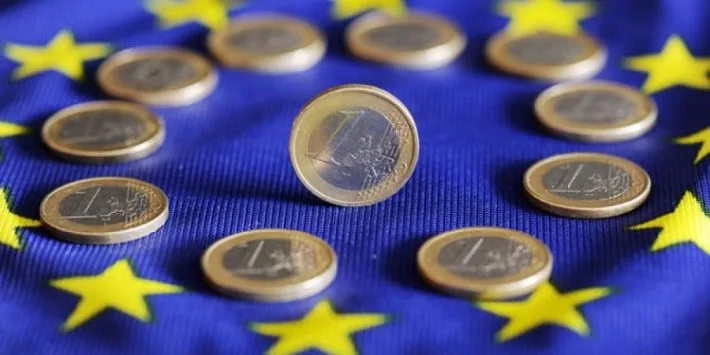

![La bandiera della Regione Lombardia [foto: Wikimedia Commons]](https://www.eunews.it/wp-content/uploads/2022/09/lombardia.png.webp)
